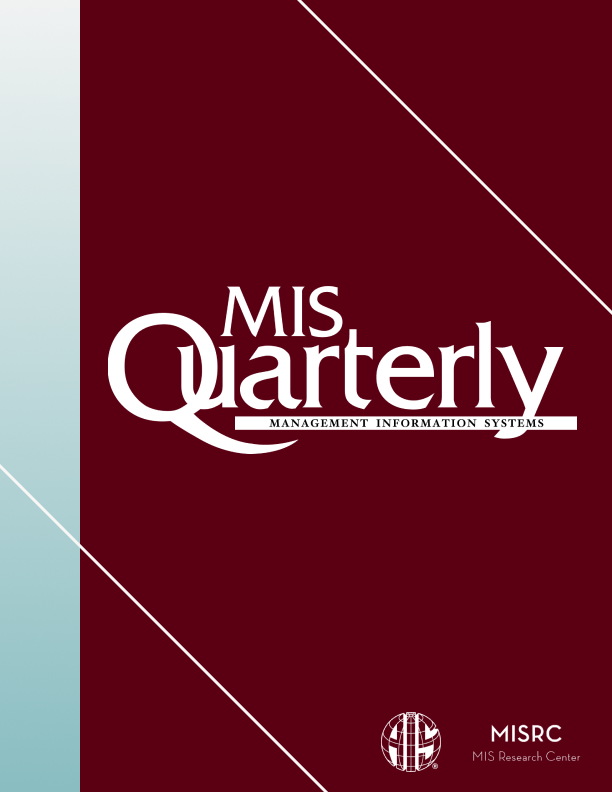城乡医疗服务获取不平等的挑战:信息技术的变革作用
IF 7
2区 管理学
Q1 COMPUTER SCIENCE, INFORMATION SYSTEMS
引用次数: 2
摘要
城乡医疗服务获得不平等是指患有严重医疗疾病的城乡居民在获得所需高质量医疗服务方面的差距。尽管人们寄希望于使用卫生信息技术来缓解这一关键和持久的社会挑战,但卫生信息技术的社会影响尚不清楚。本文以社会转型理论和可供性实现理论为基础,通过两轮国内数据收集,对中国的可供性进行了深入的定性研究。除了调查社会挑战如何引发变革性的HIT干预外,我们的分析还通过建立HIT可负担性和HIT干预之间的联系,为解决城乡医疗保健机会不平等挑战的HIT解决方案提供了理论依据。这是通过研究微观层面的HIT效应如何通过社会层面的可供性实现升级为宏观层面的HIT效应来实现的,这可能会影响这一医疗保健机会不平等的挑战。除了为引入HIT解决方案以应对复杂的社会挑战提供政策启示外,本研究还通过揭示HIT干预的适应性和区分集体可供性和共享可供性的影响来扩展现有理论。本文章由计算机程序翻译,如有差异,请以英文原文为准。
Rural-Urban Healthcare Access Inequality Challenge: Transformative Roles of Information Technology
Rural-urban healthcare access inequality refers to a disparity between rural and urban people with severe medical ailments in gaining access to the high-quality healthcare services they need. Although much hope has been pinned on the use of health information technology (HIT) to alleviate this critical and enduring societal challenge, the realized societal impact of HIT is unclear. Anchoring on both social transformation theory and affordance actualization theory, we conducted an in-depth qualitative study with two rounds of data collection in China. In addition to investigating how the societal challenge has triggered transformative HIT interventions, our analysis contributes to a theory on an HIT solution for the rural-urban healthcare access inequality challenge by establishing a link between HIT affordances and HIT interventions. This is done by examining how microlevel HIT effects escalate to macrolevel HIT effects through societal-level affordance actualization, which can affect this healthcare access inequality challenge. Along with providing policy implications on introducing HIT solutions to address intricate and complex societal challenges, this study extends existing theories by revealing the adaptation of the HIT intervention and differentiating the effects of collective and shared affordances.
求助全文
通过发布文献求助,成功后即可免费获取论文全文。
去求助
来源期刊

Mis Quarterly
工程技术-计算机:信息系统
CiteScore
13.30
自引率
4.10%
发文量
36
审稿时长
6-12 weeks
期刊介绍:
Journal Name: MIS Quarterly
Editorial Objective:
The editorial objective of MIS Quarterly is focused on:
Enhancing and communicating knowledge related to:
Development of IT-based services
Management of IT resources
Use, impact, and economics of IT with managerial, organizational, and societal implications
Addressing professional issues affecting the Information Systems (IS) field as a whole
Key Focus Areas:
Development of IT-based services
Management of IT resources
Use, impact, and economics of IT with managerial, organizational, and societal implications
Professional issues affecting the IS field as a whole
 求助内容:
求助内容: 应助结果提醒方式:
应助结果提醒方式:


